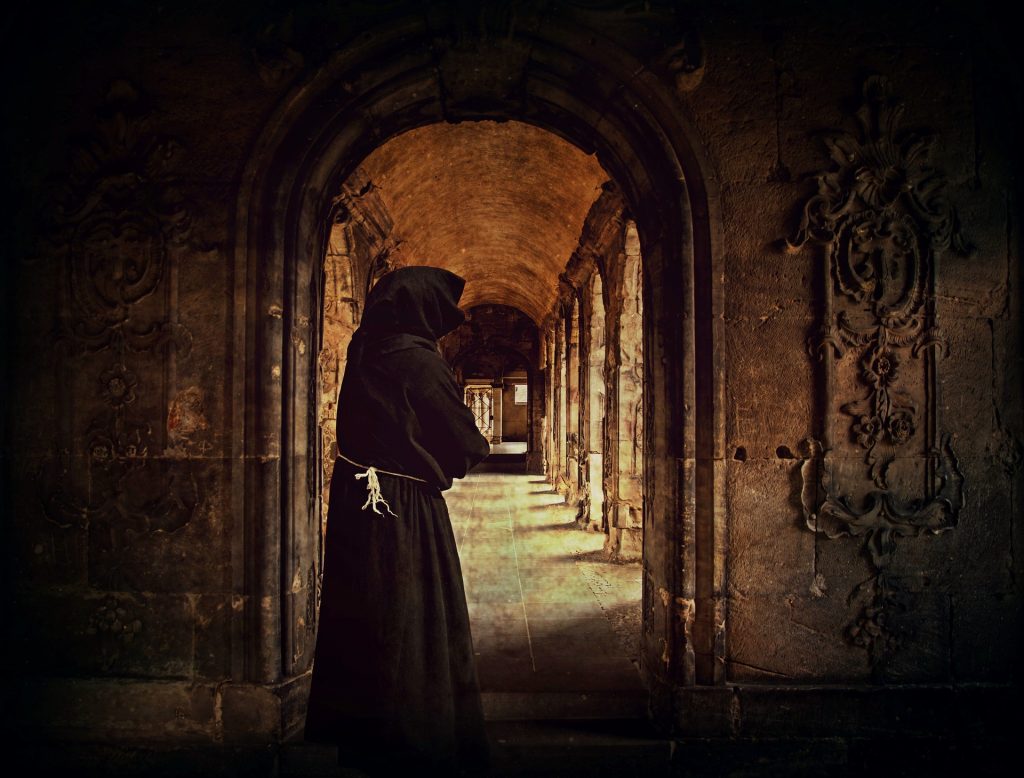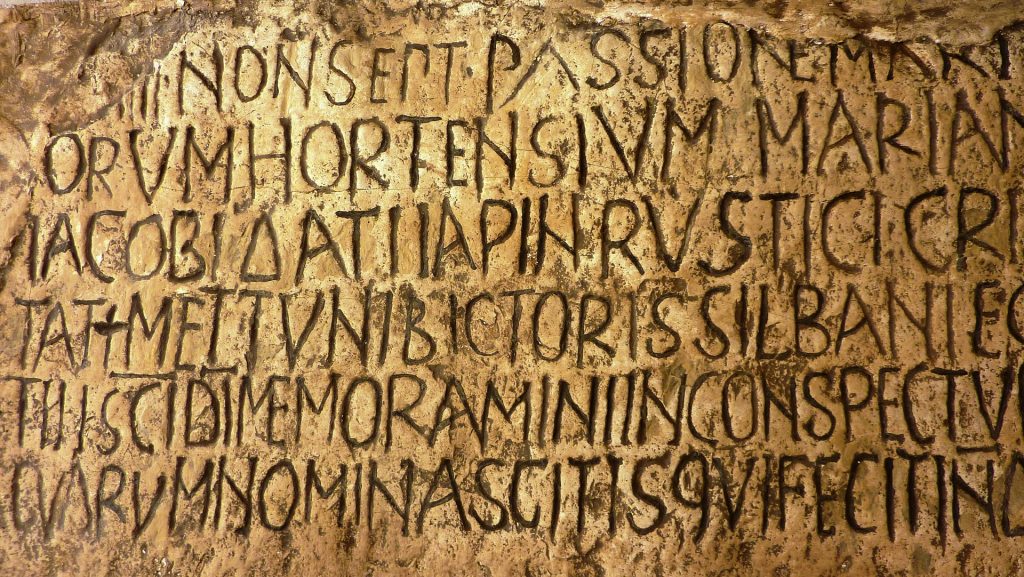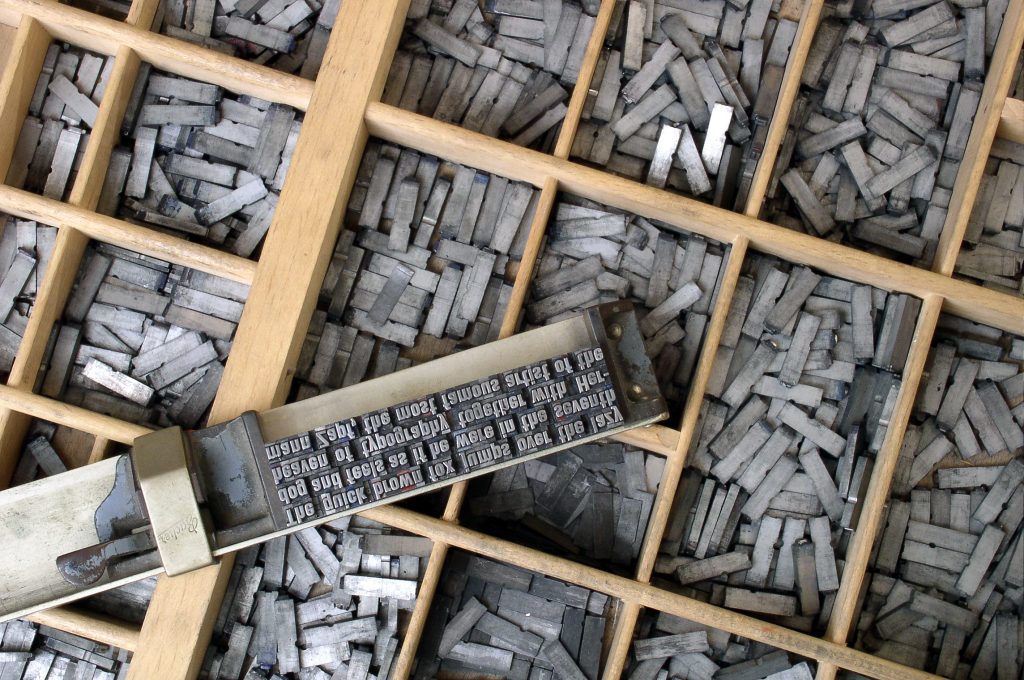Dutch Spelling 1: The Middle Ages Posted by Sten on Aug 20, 2018 in Dutch Grammar
The way we write words changes all the time. But it is still important that spelling is laid down somewhere, so that you can always be sure what the correct way of writing is! In this series, we look at how Dutch spelling evolved and how it was codified. Today: Spelling tijdens de Middeleeuwen (spelling in the Middle Ages).
Dialecten
1150-1500 was the time of Middelnederlands (Middle Dutch). It is a collective term for the many different dialecten (dialects) spoken at the time. The language was spelled mostly fonetisch (phonetically). So you would have words like land written as lant – since the d is pronounced as a t.
There was a problem with this, however. Because of different dialects and different ways of pronunciation, words sounded differently in different places. And because there was no unified spelling, you could find different ways of writing of the same word. For example, the Dutch word for “year” had three spellings:
jaar
jar
jair
So basically, anyone that could write would write what they heard. There were no specific spelling conventions, even though writers would adapt a bit to each other. More interestingly, “year” could also be written like this:
iair
or similar. Why? Because the Dutch used the Latijnse (Latin) alphabet.
Latijn
At the time, Latijn was the standard language in sophisticated circles, a bit like English today. Books were written in Latijn, and if you, the auteur (author) wanted to show proficiency, you would write your work in Latijn. It was not common or usual for common people to know Latijn. The language had no relevance for the common people anyway, since boeken (books) were very zelden (rare) and duur (expensive).
De Drukpers
All that changed with the uitvinding (invention) of the drukpers (printing press) in the mid-1400s. Boeken became widespread, and so its audience grew as well. Writing in Latijn had not as much as an impact as writing in a common Dutch language anymore, and so the need for a common spelling and grammar became apparent.
What happened next? Read it in the next post in this series!
What is the history of the spelling of your language? Let me know in the comments below!

Build vocabulary, practice pronunciation, and more with Transparent Language Online. Available anytime, anywhere, on any device.






